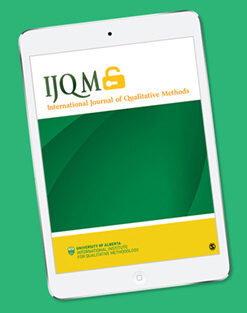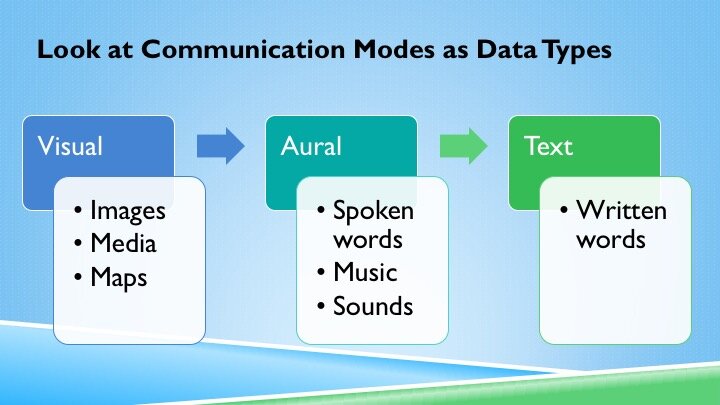Research Aims Appropriate to Integrated Mixed Methods
by Elizabeth G. Creamer, Professor Emerita, Virginia Tech
Dr. Creamer the author of An Introduction to Fully Integrated Mixed Methods Research. Read Chapters 1 and 2 here. Use the code COMMUNIT24 for a 25% discount when you order books from Sage, good until December 31, 2024.
Finding a suitable research problem
The literature about research methods in the social sciences is consistent in prioritizing the establishment of an aim and purpose as the critical first step in research design, with questions about when and how data will be collected and analyzed postponed to a later step in the design process. Few, however, address the question of what distinguishes the types of research problems that warrant going against the grain of the advice early career researchers often receive to curb their enthusiasm for mixed method approaches. This advice often comes from well-intentioned advisors who do not necessarily reject the logic of mixed method research but see it inherently as two different dissertations.
Carving out a research problem that has the type of personal salience that is necessary to sustain enthusiasm for it across multiple years, is more readily achieved in some academic fields than others. For example, theoretical constructs related to motivation, personality, and identity are central to a research agenda in psychology, while different types of engagement are often central to research produced by in fields in education. Other academic fields that continue to hold experimentation and the randomized controlled trial as the gold standard for all research, dispel some of the uncertainty about identifying a research problem.
Matching the problem to a mixed methods design
What types of research problems merit the type of complex research designs associated with mixed methods research where the aim is to integrate data and/or findings in meaningful ways to create a more holistic, multi-dimensional understanding? (see blog entry, Responding to Advice to Avoid a MMR Dissertation). Mixed method research often prioritizes a quantitative, hypotheses testing logic when the over-riding aim is to triangulate data from different sources to build an argument for validity. With the priority it places on exploration rather than confirmation, a qualitative analytical logic is useful in mixed methods research designed to explore and extend a theoretical or conceptual framework (see Advancing Grounded Theory with Mixed Methods).
Mixed methods means advanced designs
Mixed method research requires more advanced designs (and thinking!) when the problem is complex and no matter how systematic the procedures, the research is unlikely to yield a single, clear-cut answer (see An Introduction to Fully Integrated Mixed Methods Research). These types of problems often require tapping into knowledge from more than one disciplinary domain or accessing information from more than one constituency. Examples of this includes research that addresses multi-faceted social problems -- poverty, injustice, crime, social inequalities that influence access or health care outcomes-- are examples of research problems that demand mixed methods. In an educational context, for example, multiple sources of data (e.g., observation, interviews, data about student performance or teacher longevity) from multiple constituents (e.g., teachers, school leaders, parents, students, community members) would be required to generate understanding about the differences between schools and their history with gun violence and the strategies that they have deployed to counter it.
A project isn’t amenable to mixed methods simply because it is likely to involve data from more than one source. Research problems most suited to mixed methods are those that are ambitious in their intent to embrace the complexity that is inherent in research with real-world implications and where there is an aspiration to have an impact that extends beyond the simple fact of completing a project in a timely manner.




















Learn what to do when you are faced with next steps after coding qualitative data.